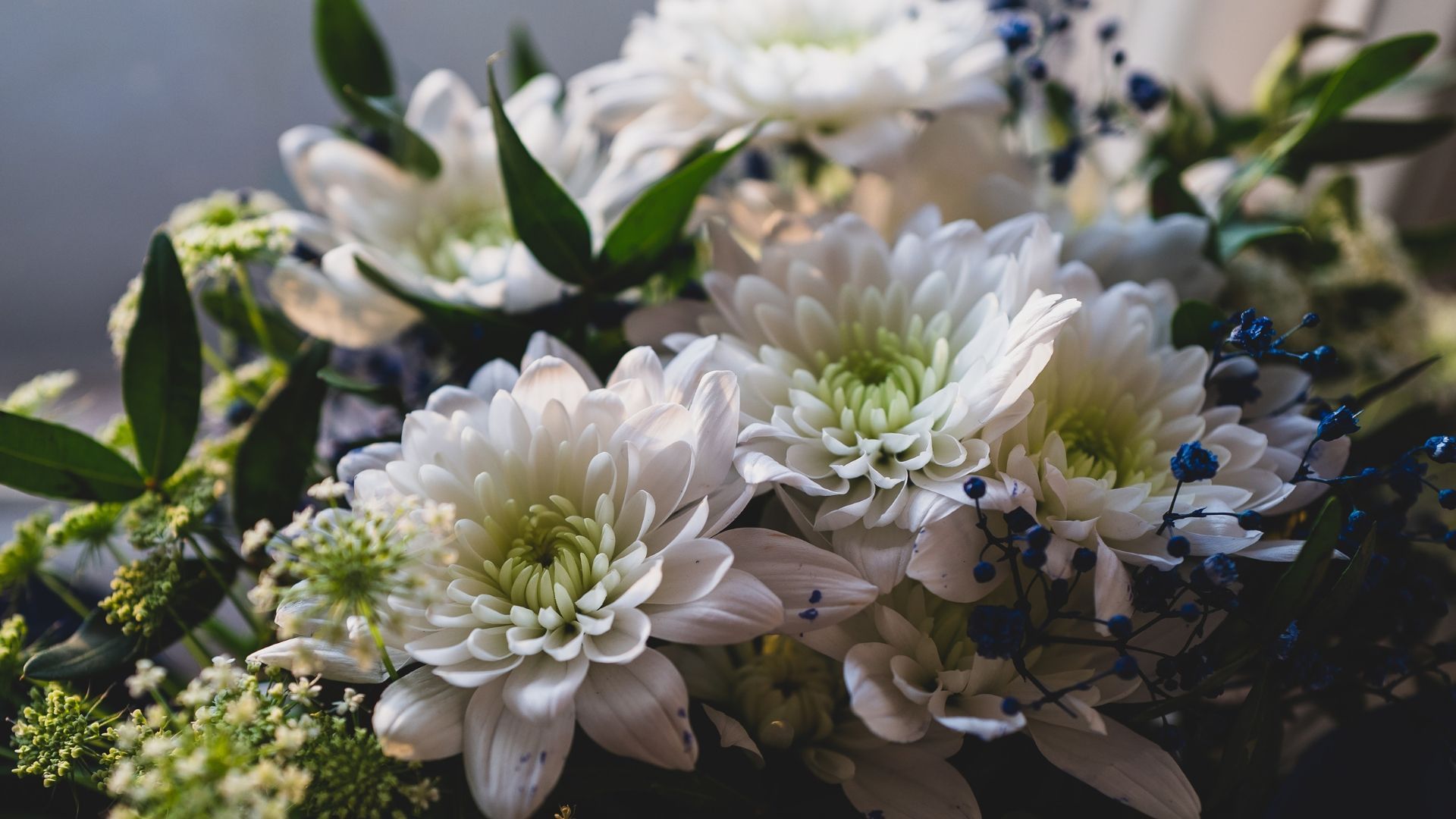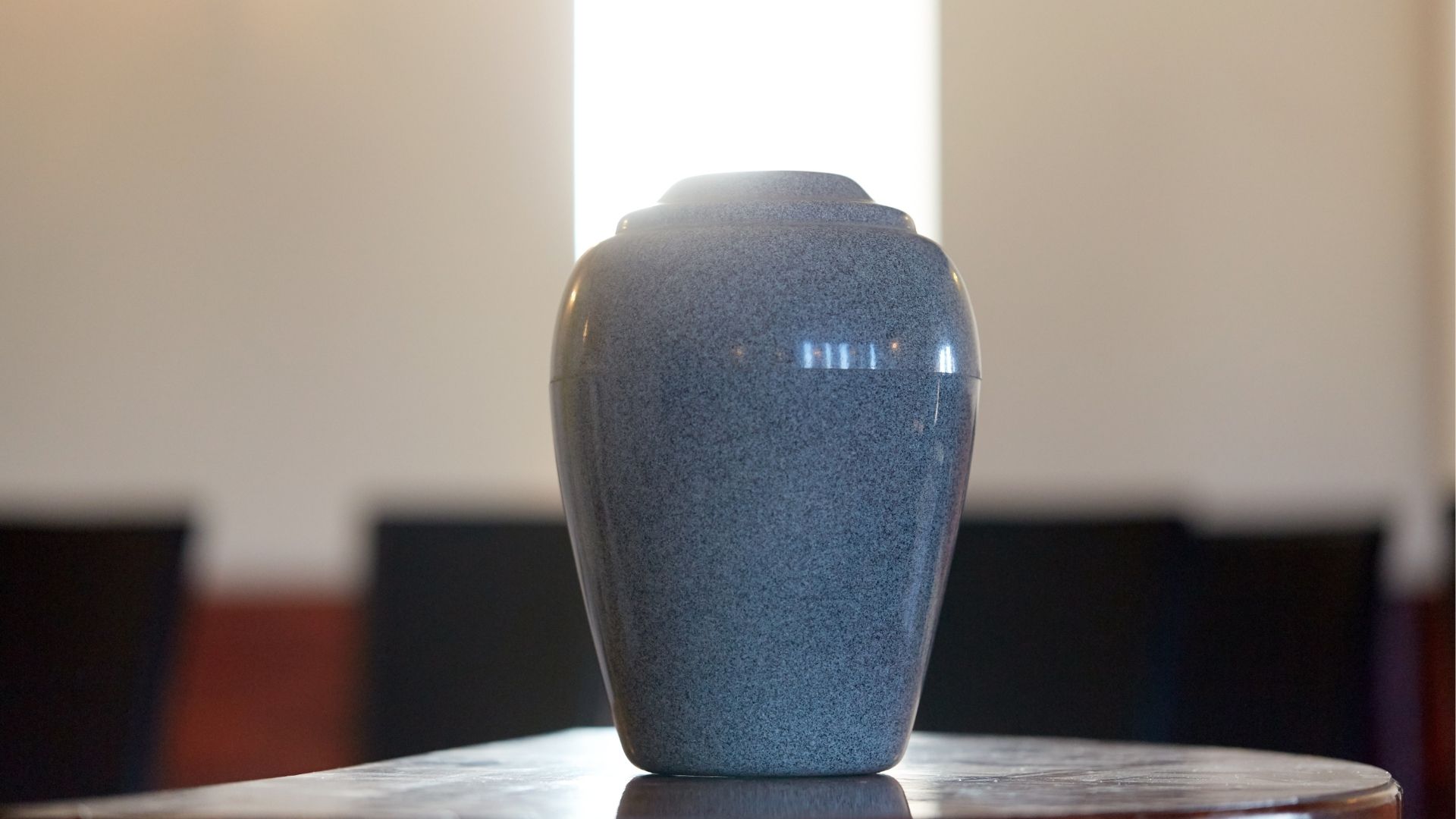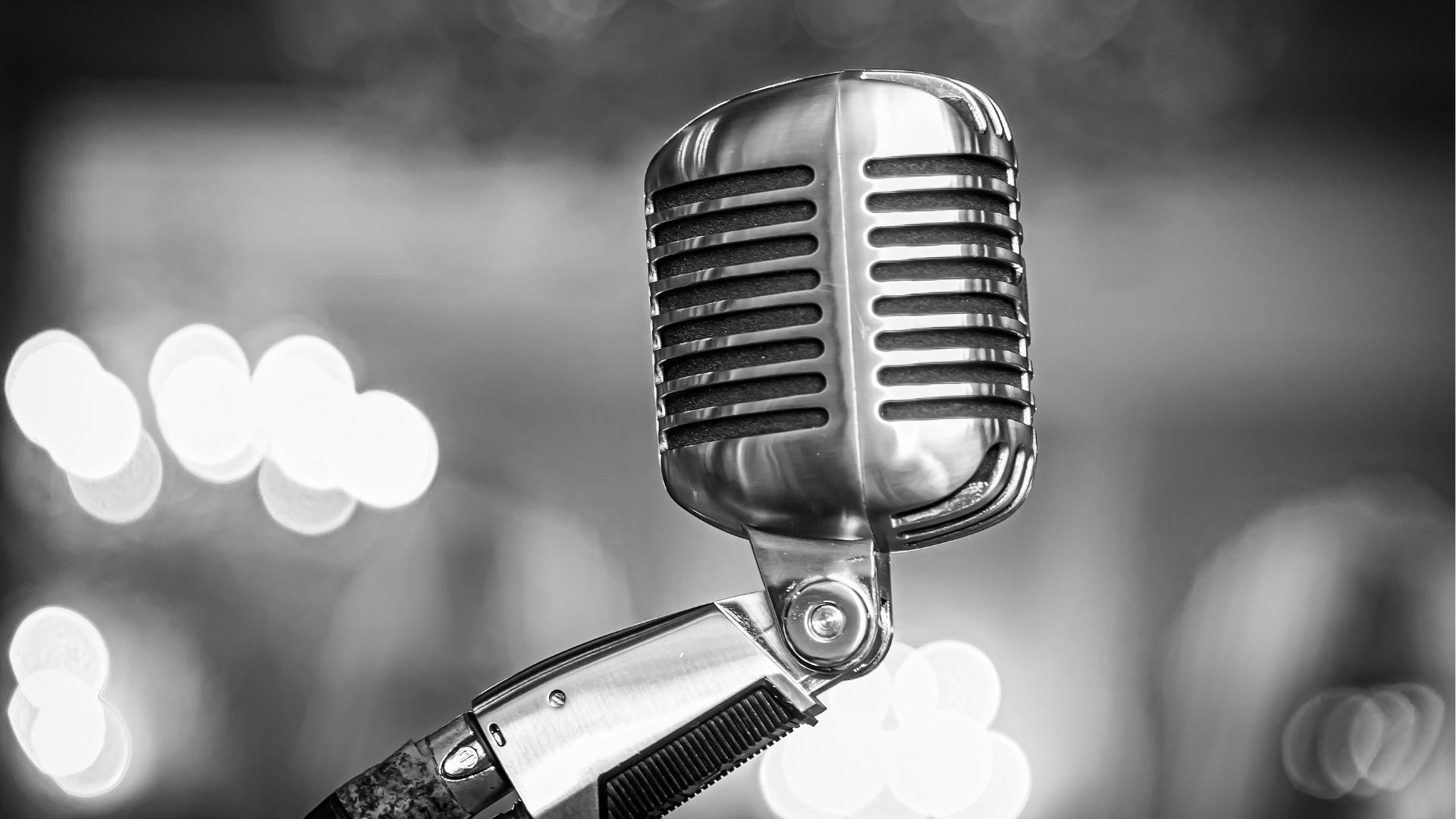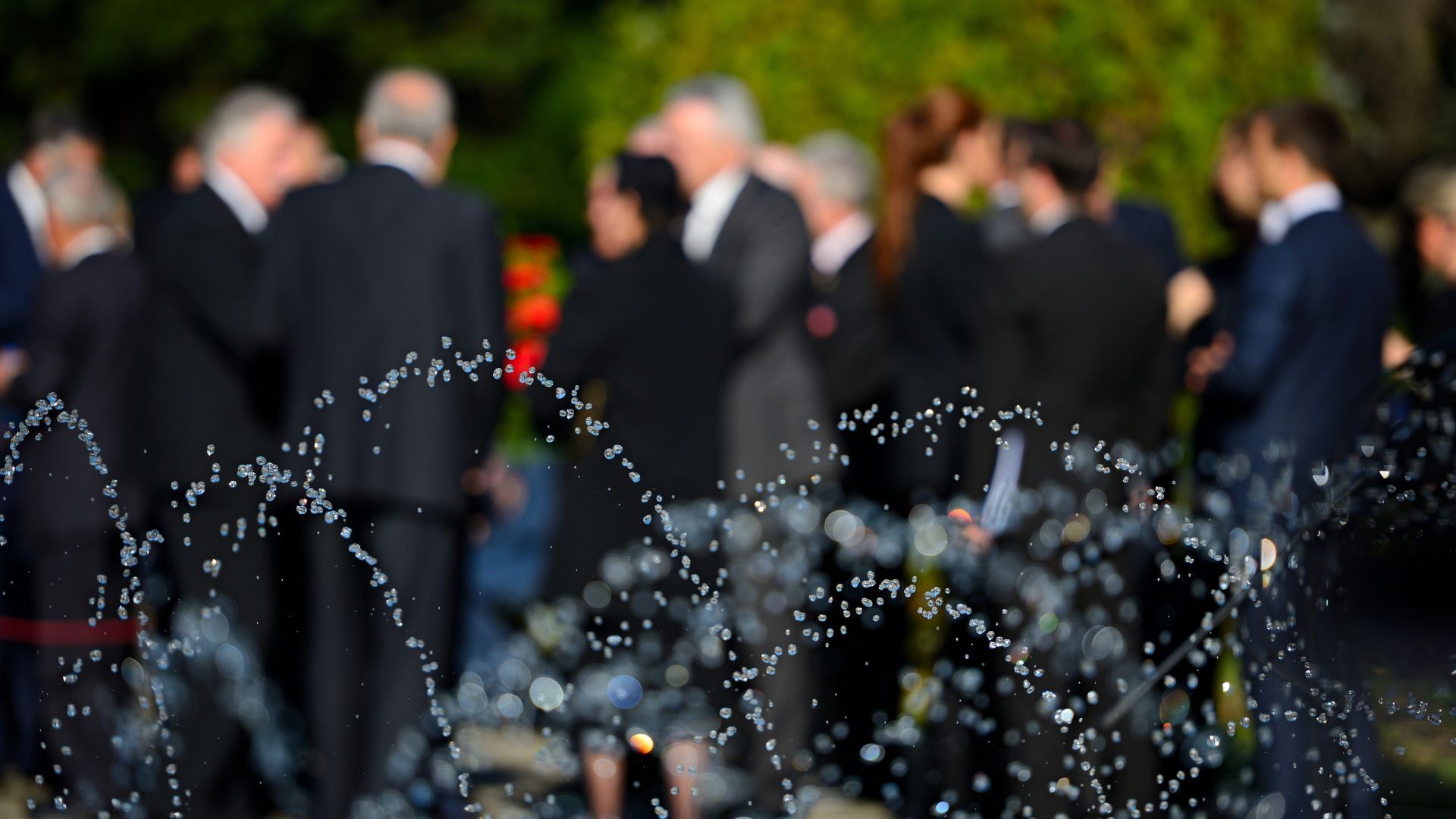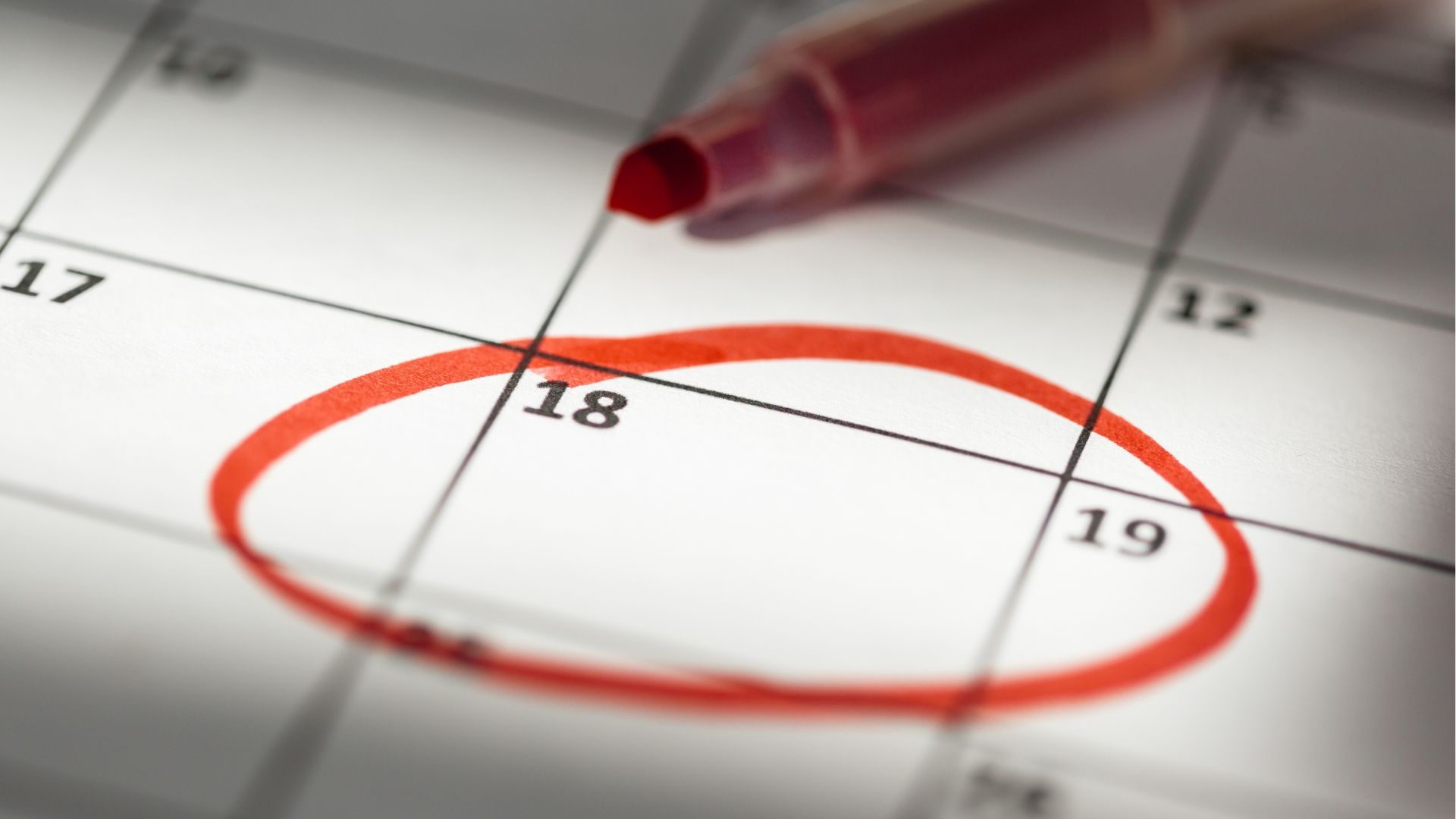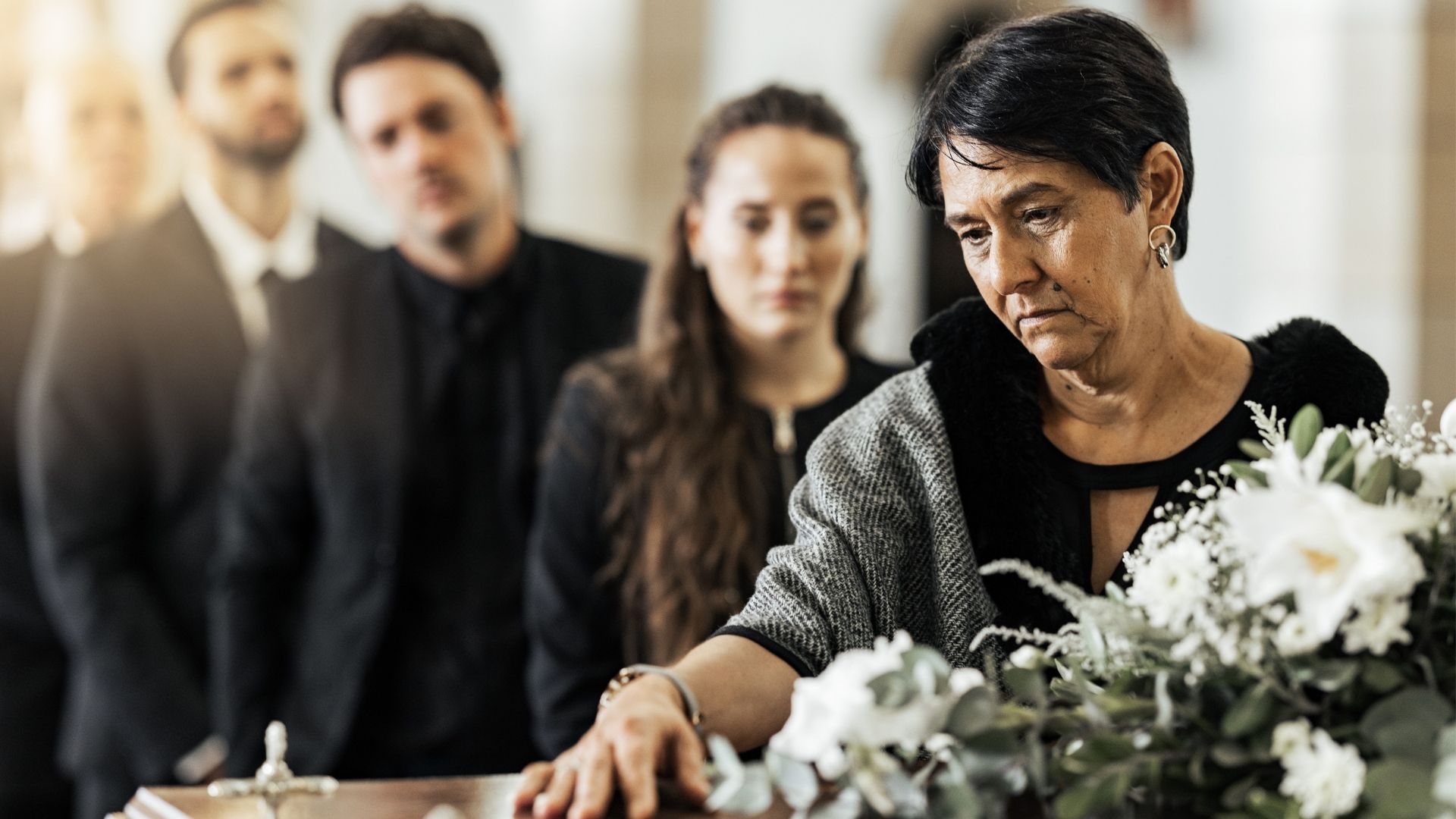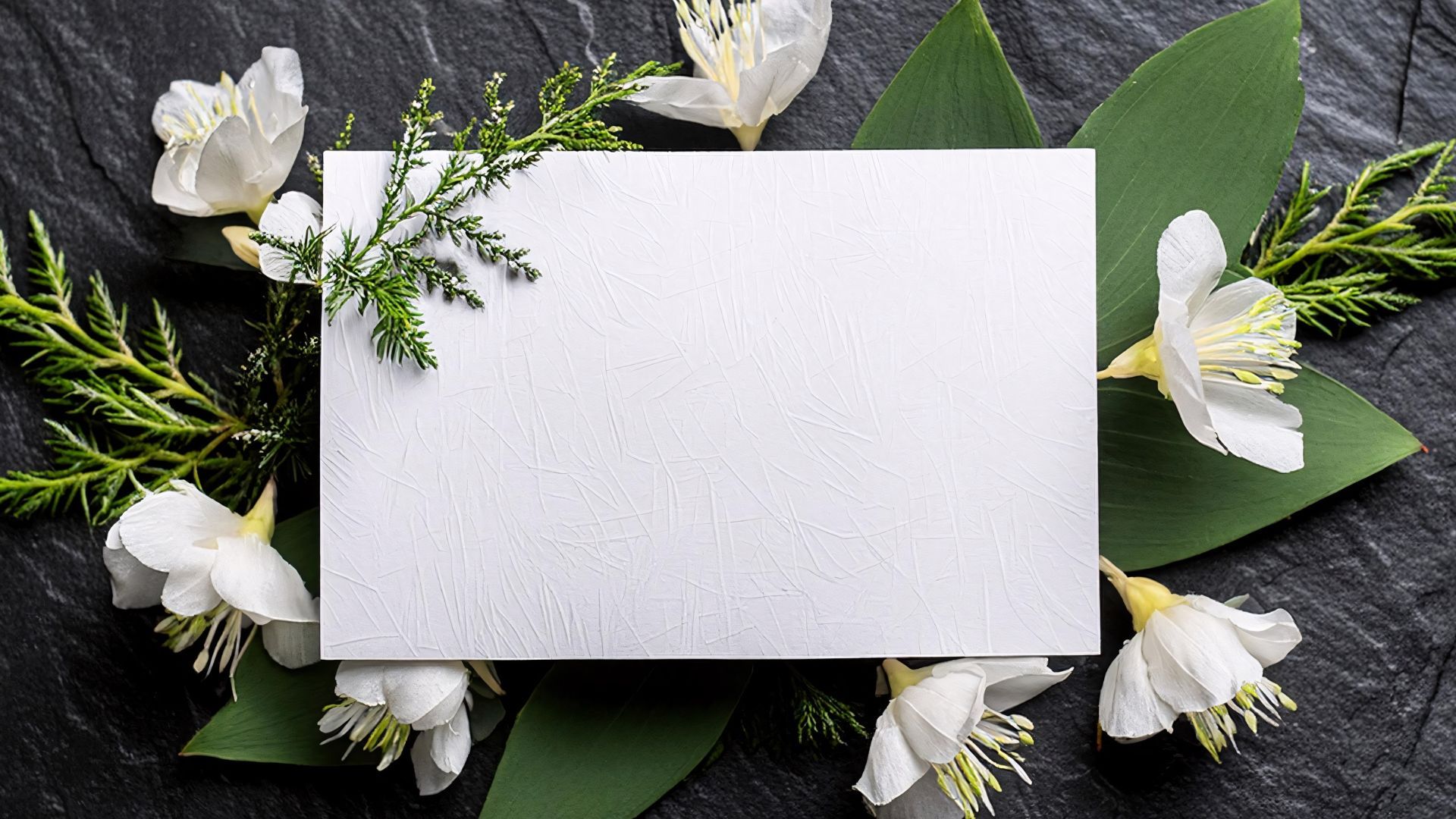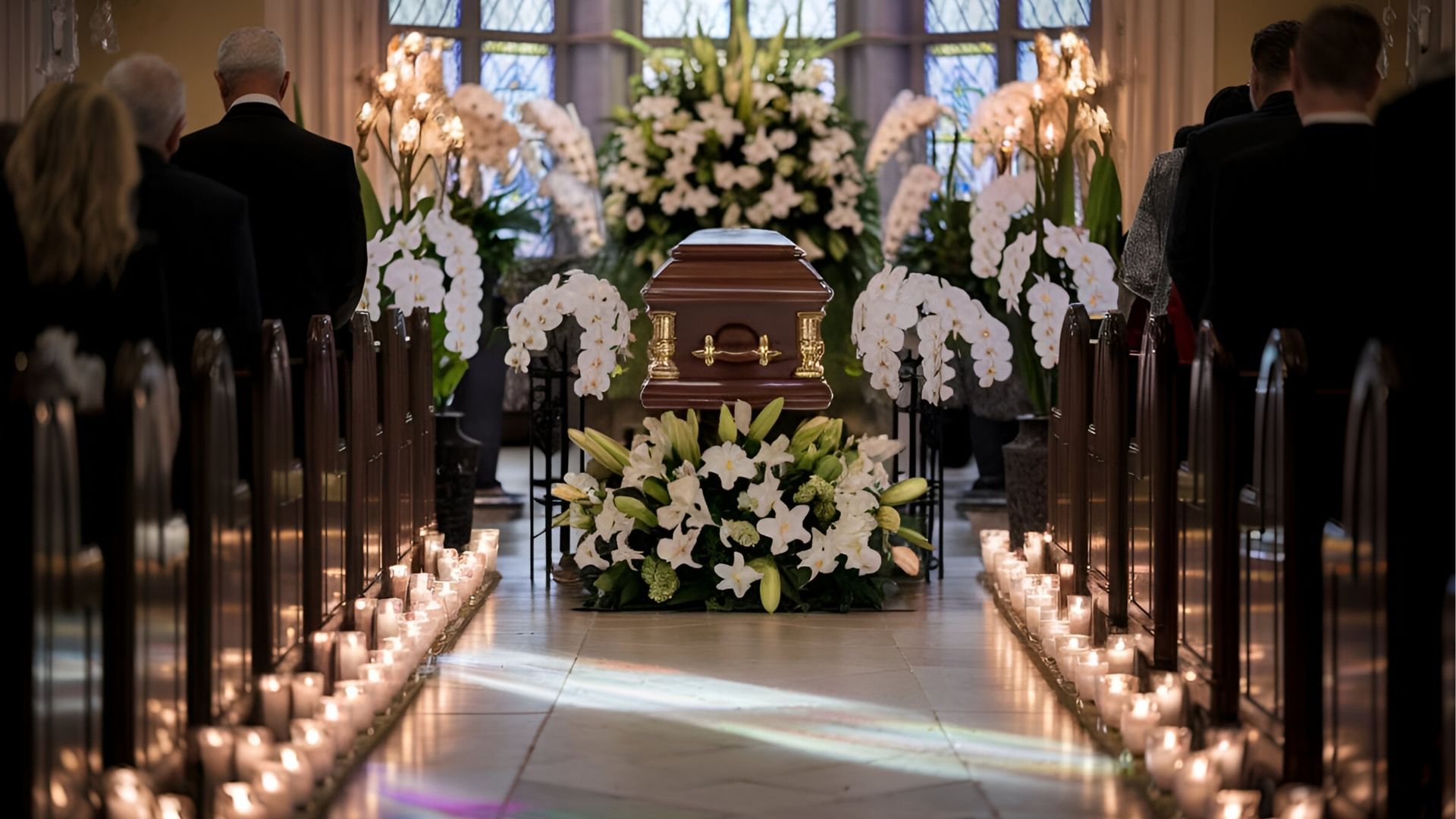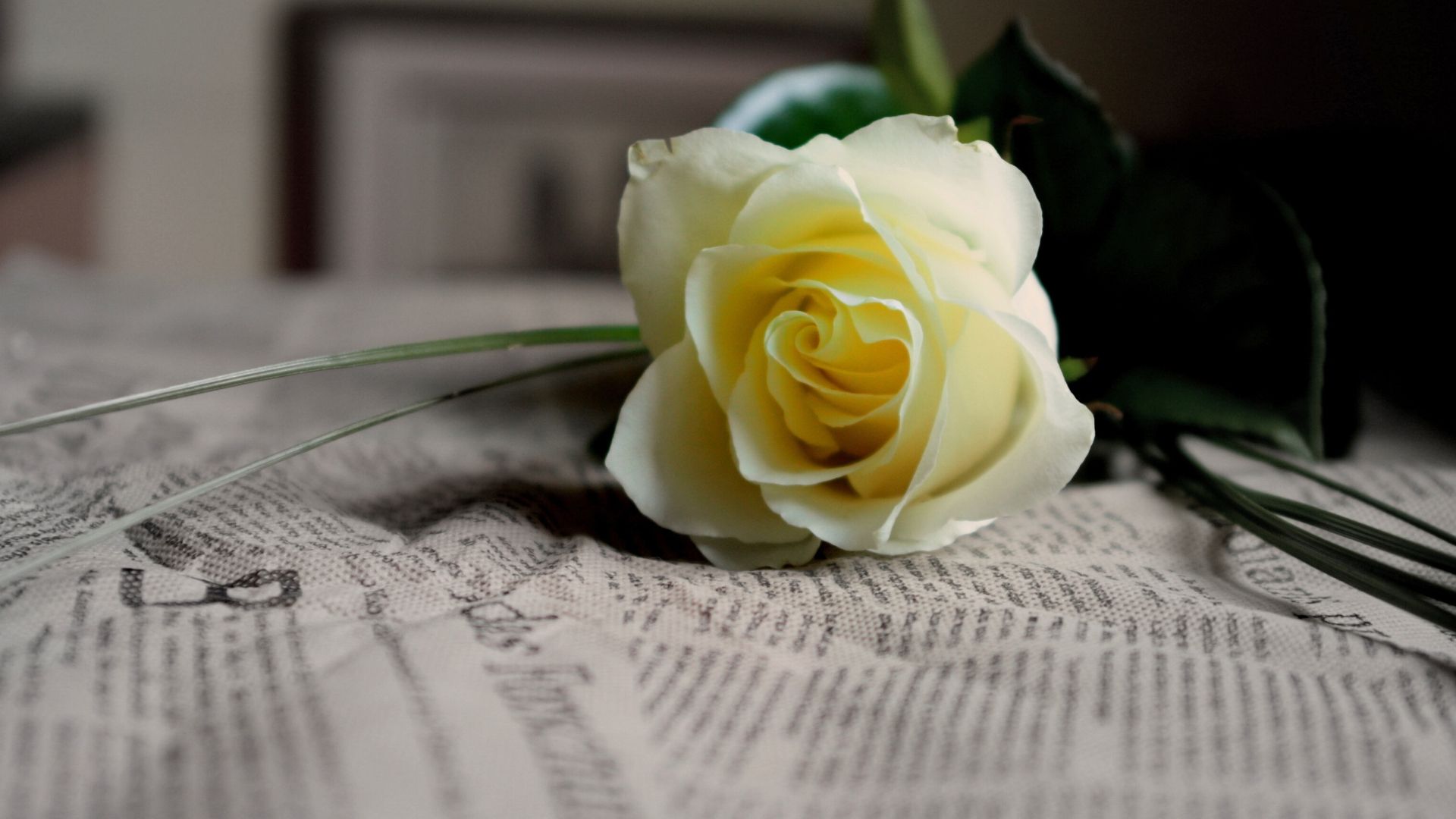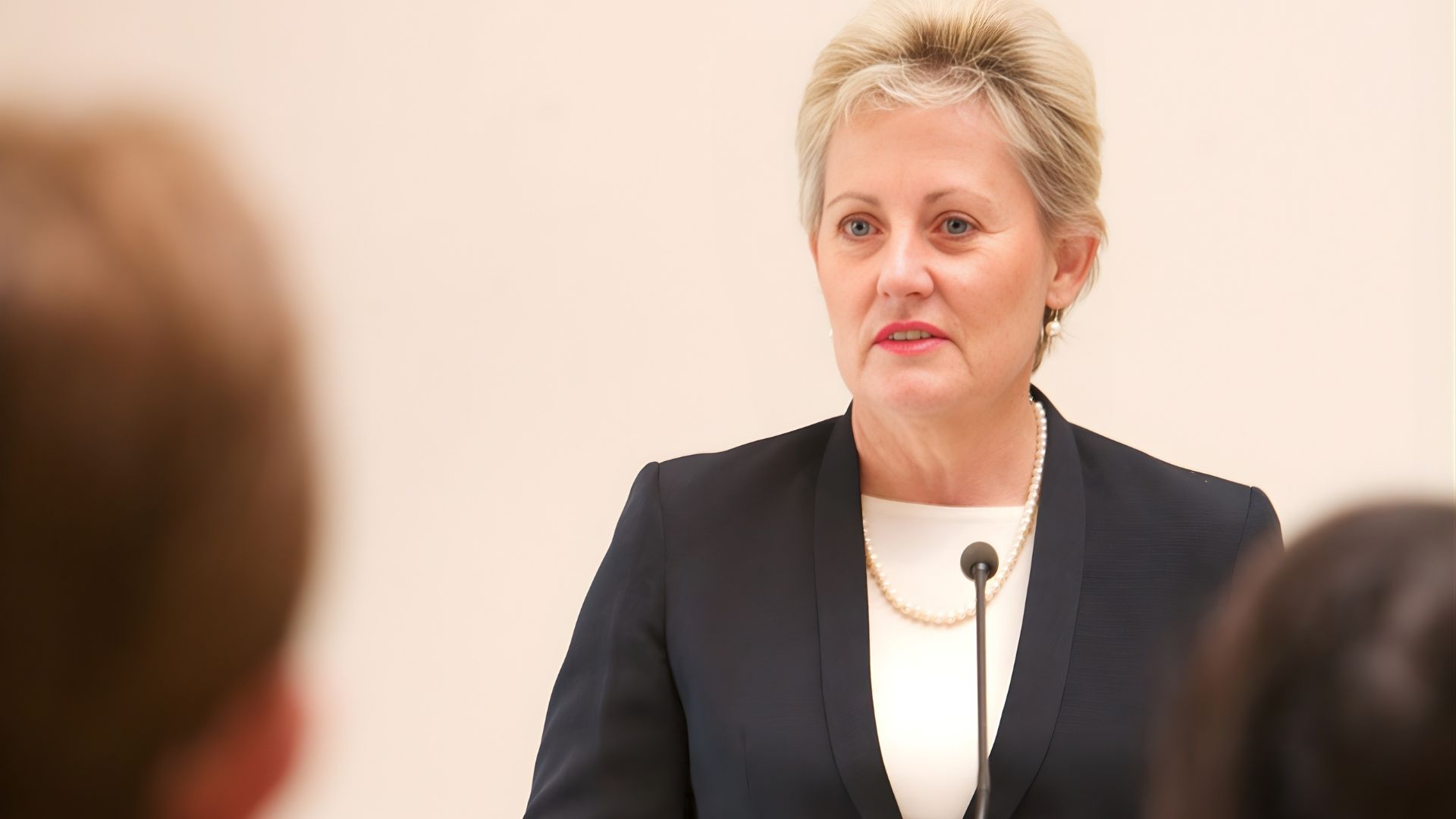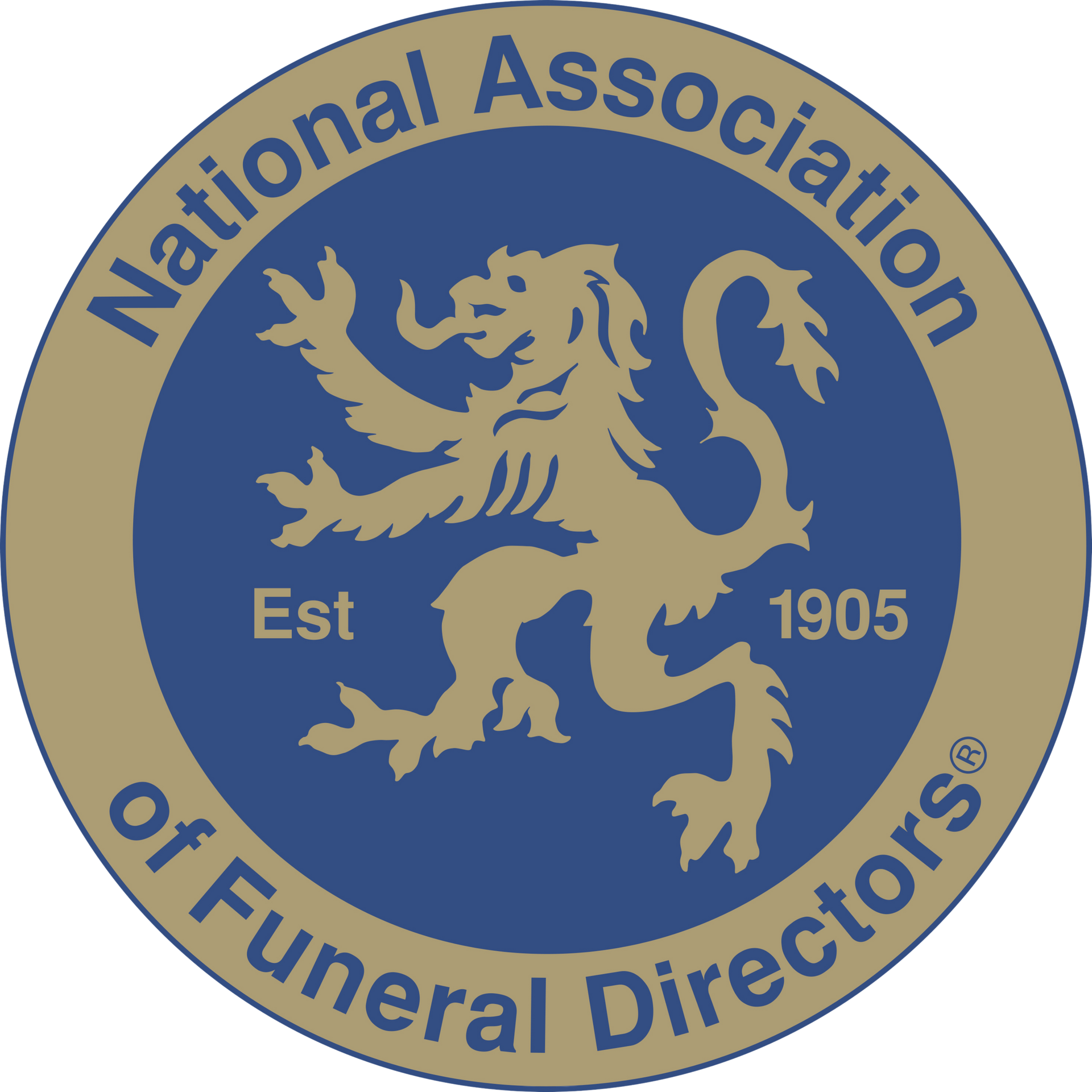What is Death Cafe?
People want to talk about death – but they don't always know how or where. Find out how Death Cafes can help.

When a person dies, those left behind often want to talk about their feelings. The same goes for people who are worried about death – whether their own, someone else's or just the idea of it.
But it's not always easy for people to talk about death in any detail. It can often feel like a taboo subject and lead people to feel embarrassed or uncomfortable.
This is where Death Cafes come in. These are casual events where people get together for tea and cake and talk about death.
It's not a chain of cafes – in fact, a Death Cafe doesn't have to take place in a cafe. It could be held in someone's home, a restaurant, a rented hall – pretty much anywhere.
And while it might sound daunting to talk to strangers about death over tea and cake, you might be surprised how many enjoy the experience.
What is a Death Cafe?
A Death Cafe is an event where people get together to talk about death over tea and cake. Some are designed for specific groups such as healthcare professionals, but most are open to all.
It's not a support group and isn't meant to replace bereavement therapy. It's not a way for researchers to find out about how people feel about death. And it's not a place to give people information about death and dying.
Instead, it's a safe space where people can talk about a subject they might otherwise feel unable to. It's all about open discussion in a safe and welcoming environment.
St Albans Museum has described it as "a group directed discussion of death with no agenda, objectives or themes. It is a discussion group rather than a grief support or counselling session."
St Joseph's Hospice has similar things to say. It notes that "Death Cafes aren't therapy sessions", adding that they're not "intended to push a particular agenda or philosophy".
"Instead," they go on, "they're about normalising the conversation around death, making it part of life rather than a subject to be avoided. By acknowledging the inevitable, we can live more fully and meaningfully."
St Joseph's Hospice also includes a number of reviews from participants. These range from "moving and enlightening" to a "relief". One reviewer perhaps sums it up best: "I never thought I would say this, but it is lovely to be able to talk about death…"
Where are Death Cafes held?
A Death Cafe is an event, not a location. They're held everywhere from homes to restaurants, from art galleries to yurts.
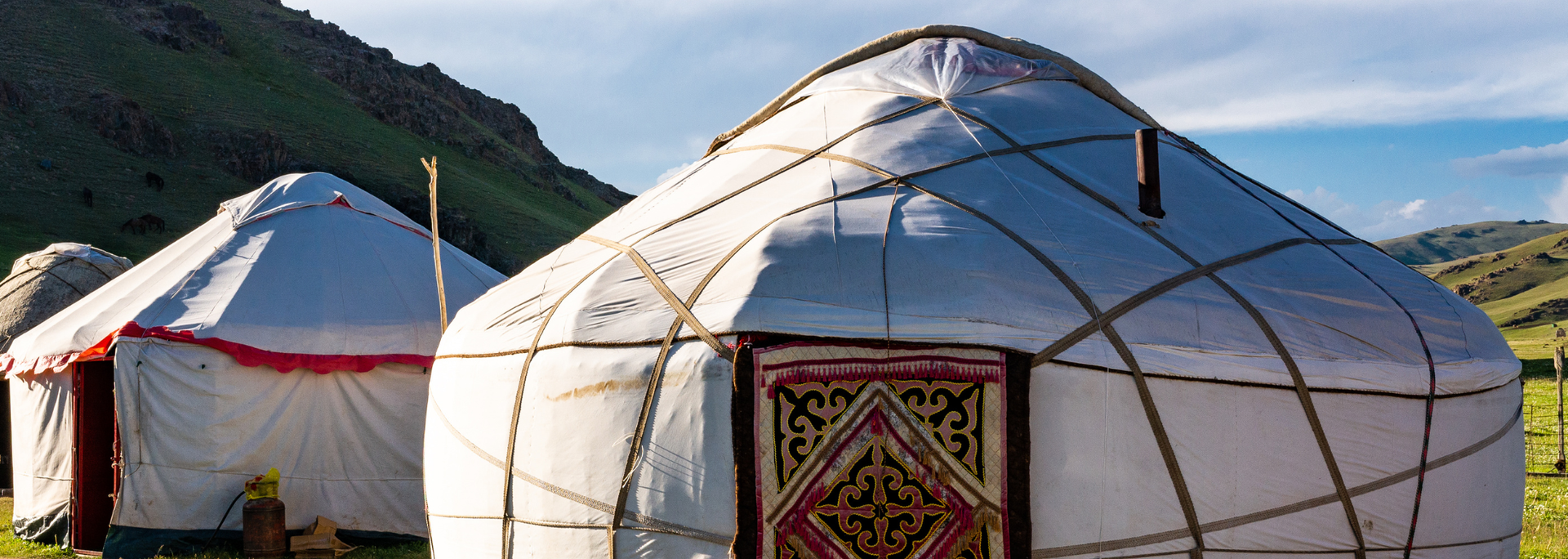
They began life in Switzerland, where they were held "in salons, bistros and private houses". Since then, they've been held in the UK, USA, Hong Kong and elsewhere. In German-speaking areas, a Death Cafe is called Cafe Totentanz or Totentanz-Cafe (literally "dance of Death Cafe").
You can find your nearest Death Cafe on deathcafe.com. You could also consult Eventbrite or another listings sites. You can also hold your own.
Who can come to a Death Cafe?
Anyone can go to a Death Cafe. They're not aimed at a particular religious group or age group.
You don't have to be grieving or expecting to die. The only rule for admission is wanting to have an open discussion about death.
Occasionally a Death Cafe will be held for a specific group. There have been events held for healthcare professionals, for example. Unless otherwise specified, however, a Death Cafe is open to all.
Where did Death Cafes originate?
The idea of a Death Cafe was introduced by the Swiss sociologist and anthropologist Bernard Crettaz. He organised the first event of its kind in 2005 in Neuchâtel, Switzerland before bringing it to Paris.
In 2010, he published his book on the subject, Cafés Mortels: Sortir la Mort du Silence ("Death Cafes: Bringing Death out of Silence").
His aim, he said, was to break the "tyrannical secrecy" that stops people talking about death. "The assembled company," he wrote, "for a moment, and thanks to death, is born into authenticity."
British web developer Jon Underwood was inspired by Crettaz and brought Death Cafes to London in 2011. He also launched the Death Cafe website.
Since then, Death Cafes have also inspired menopause cafes, where people talk about issues surrounding menopause. The first of its kind was held in Perth, Scotland. Since then, they've taken place all over the world.
Running your own Death Cafe
Death Cafe is a "free affiliate scheme", as it says on the Death Cafe website. That means anyone can hold a Death Cafe if they sign up to the organisation's principles. The four principles are:
- The event is offered "with no intention of leading participants to any conclusion, product or course of action." In other words, you can't use it to promote ideas or things.
- A Death Cafe event is "an open, respectful and confidential space where people can express their views safely".
- A Death Cafe event is not for profit.
- Death Cafe will offer "refreshing drinks and nourishing food – and cake!"
For more information, take a look at the
guidelines on the Death Cafe website.
Frequently asked questions
What happens at a Death Cafe?
A Death Cafe event is a social gathering where people talk about death over tea and cake. The conversation is often begun through ice-breakers. They can be held in any location although most are held in non-religious settings.
Are Death Cafes a kind of therapy?
No. Death Cafes are about open discussion in a relaxed setting. It's not the same as bereavement therapy or counselling, which can be had privately or on the NHS.
AFD is a team of independent funeral directors based in Edgware, North London. We are available around the clock to offer compassionate, step-by-step funeral planning support. Please call at any time – 020 8355 7876.

